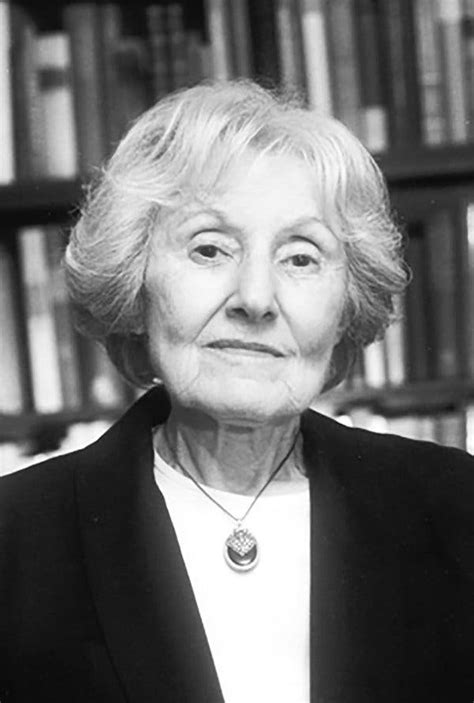A Quote by Friedrich August von Hayek
Justice, like liberty and coercion, is a concept which, for the sake of clarity, ought to be confined to the deliberate treatment of men by other men.
Related Quotes
The liberty I mean is social freedom. It is that state of things in which liberty is secured by the equality of restraint. A constitution of things in which the liberty of no one man, and no body of men, and no number of men, can find means to trespass on the liberty of any person, or any description of persons, in the society. This kind of liberty is, indeed, but another name for justice.
Liberty lies in the hearts of men and women; when it dies there, no constitution, no law, no court can save it ... The spirit of liberty is the spirit which is not too sure that it is right; the spirit of liberty is the spirit which seeks to understand the minds of other men and women; the spirit of liberty is the spirit which weighs their interests alongside its own without bias.
As a reformer the liberal is dissatisfied with things as they are because they violate his exceptionally tender conscience.... Liberalism does not advocate change for its own sake, but for the sake of something better in the direction of what he regards as good, namely, the maximum of liberty consistent with a regard for all men and all interests -- the general happiness based on peace and justice.
As liberty of thought is absolute, so is liberty of speech, which is 'inseparable' from the liberty of thought. Liberty of speech, moreover, is essential not only for its own sake but for the sake of truth, which requires absolute liberty for the utterance of unpopular and even demonstrably false opinions.
Most men appear to think that the art of despotic government is statesmanship, and what men affirm to be unjust and inexpedient in their own case they are not ashamed of practicing towards others; they demand just rule for themselves, but where other men are concerned they care nothing about it. Such behavior is irrational; unless the one party is, and the other is not, born to serve, in which case men have a right to command, not indeed all their fellows, but only those who are intended to be subjects; just as we ought not to hunt mankind, whether for food or sacrifice . .
The fact is that the average man's love of liberty is nine-tenths imaginary, exactly like his love of sense, justice and truth... Liberty is not a thing for the great masses of men. It is the exclusive possession of a small and disreputable minority, like knowledge, courage and honor. It takes a special sort of man to understand and enjoy liberty - and he is usually an outlaw in democratic societies.
A man is not merely a man but a man among men, in a world of men. Being good at being a man has more to do with a man’s ability to succeed with men and within groups of men than it does with a man’s relationship to any woman or any group of women. When someone tells a man to be a man, they are telling him to be more like other men, more like the majority of men, and ideally more like the men who other men hold in high regard.
One of the greatest disasters that happened to modern civilization was for democracy to inscribe "liberty" on its banners instead of "justice." Because "liberty" was considered the ideal it was not long until some men interpreted it as meaning "freedom from justice"; then when religion and decent government attempted to bring them back to justice, organized into "freedom groups" they protested that their constitutional and natural rights were being violated.





































